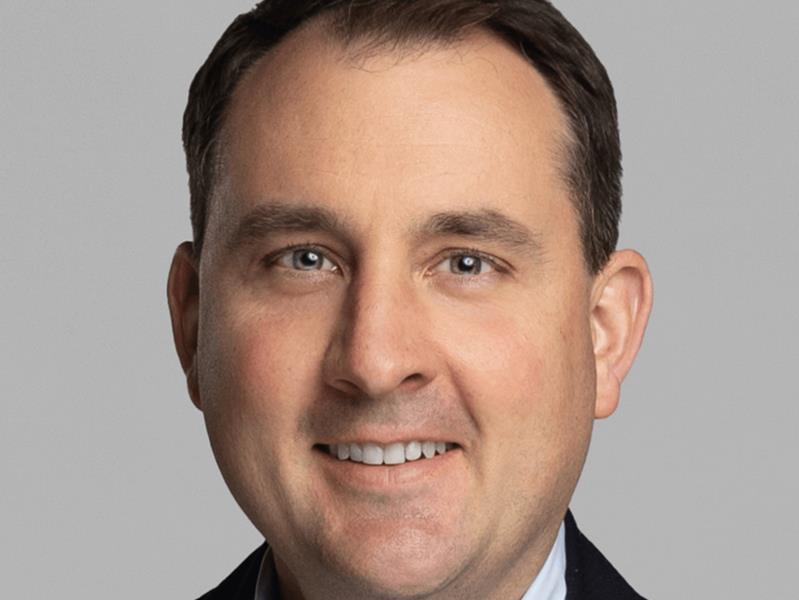
Study: Only 17% Of Executives Have High Confidence In Their Comms Function
-
Only 17% of senior executives have confidence that their communications functions are well-prepared to tackle the current volatile environment.
Less than a quarter (23%) believe their companies do very well delivering societal value-but most believe economic and functional value are more important.
79% consider it very important to consider the needs of all stakeholders, while another 21% consider it“somewhat important.”
less than half (45%) believe it is important to consider employees in the decision-making process, and only 22% think it's important to consider the communities where their company operates.
Only 46% feel very or somewhat prepared to deal with an elected official maligning their company.
Fewer than two in 10 senior executives (17%) have confidence that their communications and public affairs functions are well-equipped to navigate the current environment, according to a new study from Weber Shandwick-although American companies have greater confidence in their communications teams than those headquartered elsewhere.
While only 13% reported that their confidence in the communications function had declined, larger companies with 50,000 or more employees and those operating in more than 20 countries reported greater decreases in confidence than others.
“In an increasingly volatile world, the data shows that CEOs expect more from their communications and public affairs teams to help manage risk and deliver value,” said Will Crain, head of North America CEO communications ddvisory for Weber Shandwick.“Whether it's bolstering geopolitical capabilities, upskilling talent or increasing the rate of technology adoption to be more agile and informed, communications and public affairs leaders must take tangible steps to modernize their functions and meet the moment.”
The declining confidence in the communications function comes as senior leaders assign lower levels of importance to delivering ethical, societal and emotional value. When asked to assign importance to five kinds of value,“economic value” was unsurprisingly number one (41%), ahead of functional value (24%), ethical value (14%), societal value (11%), and emotional value (10%).
One conclusion from this might be that executives don't believe that it's important to add societal value in order for their companies to flourish-and thereby add economic value.
In a related finding, 46% believe their organization does“very well” when it comes to delivering economic value, and 42% believe they do very well delivering functional value. But only 38% believe their companies do very well delivering ethical value, and less than a quarter (23%) believe their companies do very well delivering societal value.
The good news for communicators is that executives overwhelmingly believe that considering the interests of all their stakeholders is important: 79% consider it very important, and another 21% consider it“somewhat important.”
But even then, the good news must be tempered: while 86% of executives consider it important to consider customers in decision-making, and 73% consider it important to consider shareholders, less than half (45%) believe it is important to consider employees in the decision-making process. And only 22% think it's important to consider the communities where their company operates.
When it comes to specific threats within the current environment, companies feel very well or somewhat well prepared to deal with data breaches and ransomware attacks (87%); security threats (86%); another pandemic (82%); or a product recall (82%). But they feel significantly less prepared to deal with a terrorist attack or violent unrest (44%); global conflict (48%); an elected official maligning their company (46%); non-violent protects (48%); or post-election workplace divisions (54%).
Despite concerns about volatility, 54% of executives described the 2025 business climate as“growing,” and 51% said it was“prosperous”. More than three-quarters (78%) characterized themselves as“optimistic” on their business prospects for 2025, with 8 in 10 reporting expectations of moderate to high growth. And 83% said the results of the U.S. election factored at least "somewhat" into their optimism rating.
“The tension executives feel as we enter the new year is unsurprising, given the state of markets and the current political climate,” said Pam Jenkins, global chief public affairs officer at Weber Shandwick.“While current stock market performance is cause for significant optimism from many executives, the potential for uncontrolled disruptions- whether from tariffs, employee activism, geopolitical instability or political critique-is also significant.”
The firm's "C-Suite Outlook" offers advice on how companies need to prepare for the year ahead, including "earning and delivering value must start at the top of the organization"; "prepare and plan for tomorrow's volatility"; and "manage the volatilty you can control." AI, Weber Shandwick says, can help CEOs "by tracking and analyzing large data sets to forecast different outcomes and solutions."
KRC Research, Weber Shandwick's research arm, conducted this global survey in November and December 4, 2024 among 200 US-based C-suite business executives, representing top multinational product and service corporations with global operations.

Legal Disclaimer:
MENAFN provides the
information “as is” without warranty of any kind. We do not accept
any responsibility or liability for the accuracy, content, images,
videos, licenses, completeness, legality, or reliability of the information
contained in this article. If you have any complaints or copyright
issues related to this article, kindly contact the provider above.

















Comments
No comment